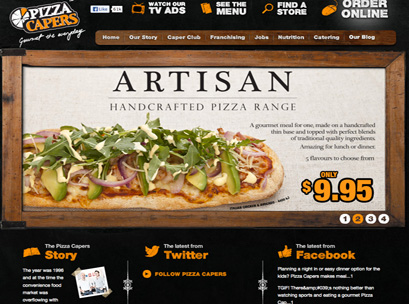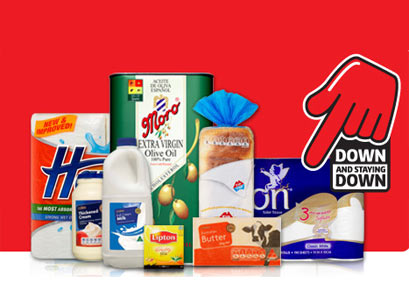Four business and grocery groups have joined forces to call for the end of the anti-competitive behaviour by the grocery chains.
The Independent Retailers of Australia, made up of the Australian Retailers Association (ARA), Master Grocers Australia (MGA), Australian Newsagents Federation (NRF), and the Council of Small Business Australia (COSBOA), is protesting against cross-subsidised fuel and grocery deals.
According to Independent Retailers of Australia, this activity hurts other fuel operators and makes consumers captives to the chains’ supermarkets.
Speaking on behalf of the group, Russell Zimmerman, executive director of the ARA, said that consumers and retailers are sick of this abuse of power by the supermarket chains and that the long term anti-competitive outcome is not camouflaged by the short term discount.
“We support the ACCC chairman, Rod Sims’, comments that if the chains want to give a discount, they should simply reduce the price of the product in the supermarket,” said Zimmerman.
In 2004, then ACCC chairman, Graeme Samuel, flagged fuel shopper dockets as being a potential issue.
“This concern was identified when the discount levels were around four cents per litre,” said Zimmerman. “This year we have seen the supermarket chains offering 20 cents, 25 cents, 30 cents, 40 cents, and upwards of 45 cents per litre discounts.
“Rod Sims has said he is looking at the schemes very carefully. The deeper levels of fuel discounts means fuel being sold below cost, which of course is illegal. He has urged the chains in the past to limit their discounts to food and groceries, expressing concern at the size of petrol subsidies from their grocery businesses.
“With fuel margins of around five cents a litre, it is impossible to give 45 cents a litre discounts and still be profitable.
“Our appeal is to both the Government and the Opposition to stand up for the consumers in Australia; pledge their support to assist the ACCC to take on these two behemoths once and for all. If something is not done now there will only be two major competitors in every industry in this country.
“You only have to look to Darwin to see what happens when the independent businesses are taken out of a market. The chains dominate the Darwin fuel market, the city suffers the highest retail price and highest margins in Australia,” Zimmerman said.
As well as appealing directly to both the major political parties to pledge their support for the ACCC to take on the chains, Independent Retailers Australia has taken out full page advertisements in metropolitan newspapers.
The Australian National Retailers Association (ANRA) CEO, Margy Osmond, has defended the shopper docket scheme, saying Australia’s major supermarkets have invested hundreds of millions of dollars in fuel price savings through shopper dockers, helping familiies manage cost of living pressures.
ANRA members include both Coles and Woolworths.
“Competition is good for consumers and the strong competition already evident in the market has meant lower prices,” Osmond said.
“Shopper docket schemes have the approval of the ACCC and a range of retailers, including IGA stores, offer them as recognition of customer loyalty.
“The major supermarkets respect the integrity of the process and the independence of the ACCC inquiry currently underway and therefore consider it inappropriate to comment any further on the issue,” she said.
Peter Strong, CEO of COSBOA, said that nowhere else in the world had two companies (Coles and Woolwotths) managed to control so much market share across so many industries.
“As if it wasn’t bad enough that the chains control 80 per cent of the dry packaged grocery sector, when you add in general merchandising, hotels, gaming machines, fresh food, liquor retailing and now petrol retailing – someone has got to stand up for the independent retailers. These cross-subsidised fuel dockets are the last straw,” Strong said.






